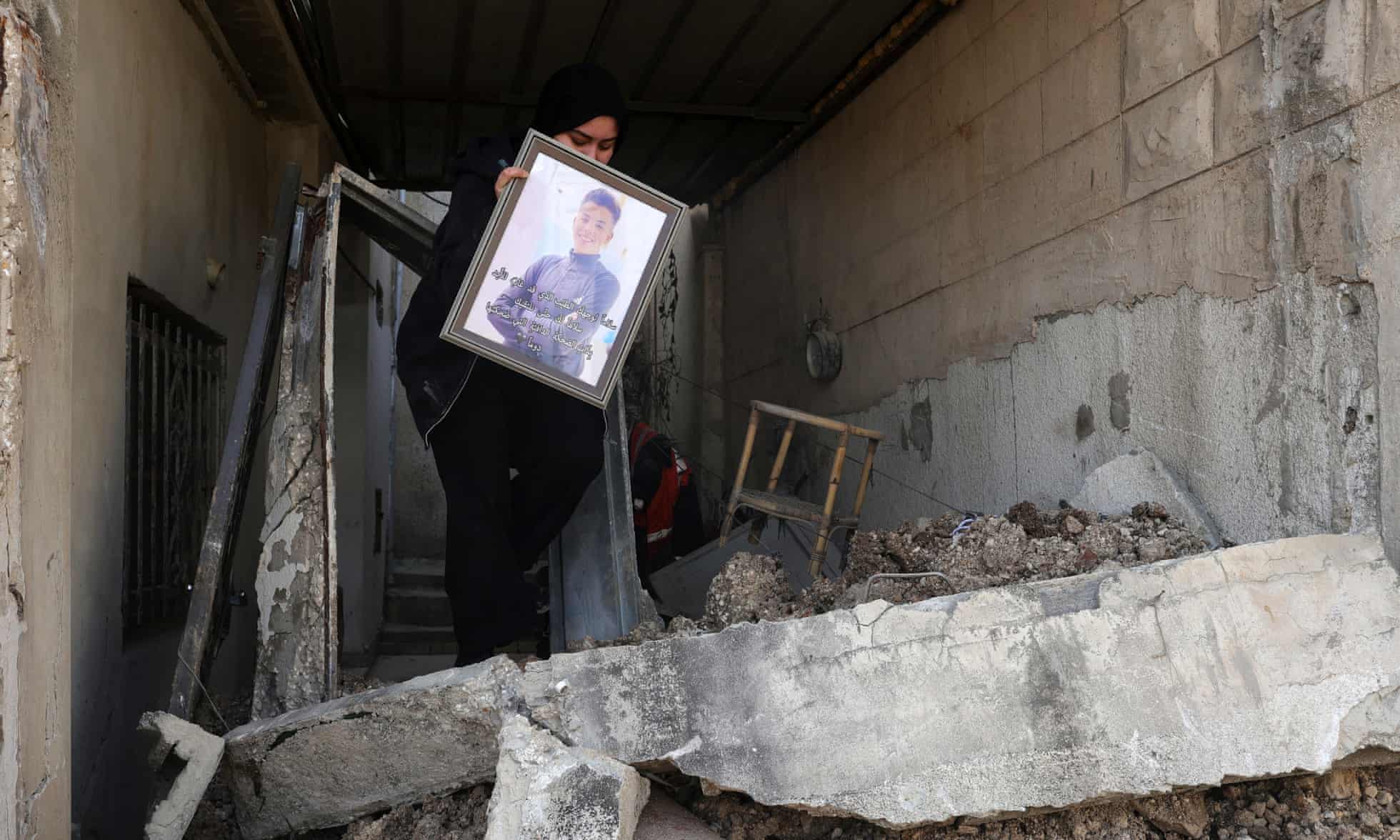 Many Americans view their country and its soldiers as the "good guys" spreading "democracy" and "liberty" around the world. It just ain't so.
Many Americans view their country and its soldiers as the "good guys" spreading "democracy" and "liberty" around the world. It just ain't so.
This military tradition has explicitly defended the selective use of terror, whether in suppressing Native American resistance on the frontiers in the 19th Century or in protecting U.S. interests abroad in the 20th Century or fighting the "war on terror" over the last decade.
The American people are largely oblivious to this hidden tradition because most of the literature advocating state-sponsored terror is carefully confined to national security circles and rarely spills out into the public debate, which is instead dominated by feel-good messages about well-intentioned U.S. interventions abroad.
Over the decades, congressional and journalistic investigations have exposed some of these abuses. But when that does happen, the cases are usually deemed anomalies or excesses by out-of-control soldiers.
But the historical record shows that terror tactics have long been a dark side of U.S. military doctrine. The theories survive today in textbooks on counterinsurgency warfare, "low-intensity" conflict and "counter-terrorism."





 Amid the immense confusion surrounding the US strikes on Venezuela, the seizure of the president, Nicolás...
Amid the immense confusion surrounding the US strikes on Venezuela, the seizure of the president, Nicolás... On Monday, August 6, 1945, after six months of intense firebombing of 67 other Japanese cities,...
On Monday, August 6, 1945, after six months of intense firebombing of 67 other Japanese cities,... Later this month, on the holiday of Purim, Jewish people will dress in silly costumes, eat...
Later this month, on the holiday of Purim, Jewish people will dress in silly costumes, eat...






























